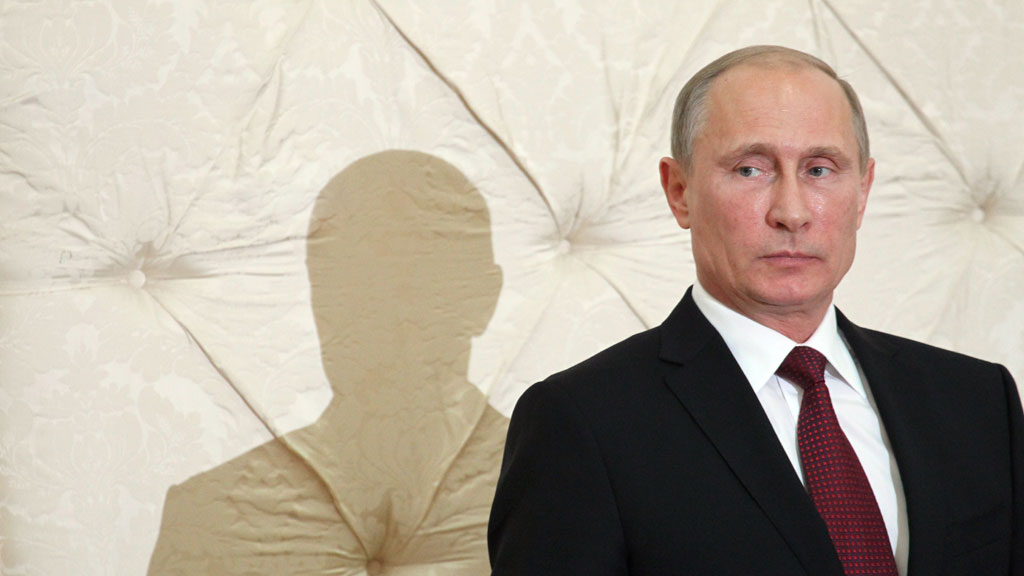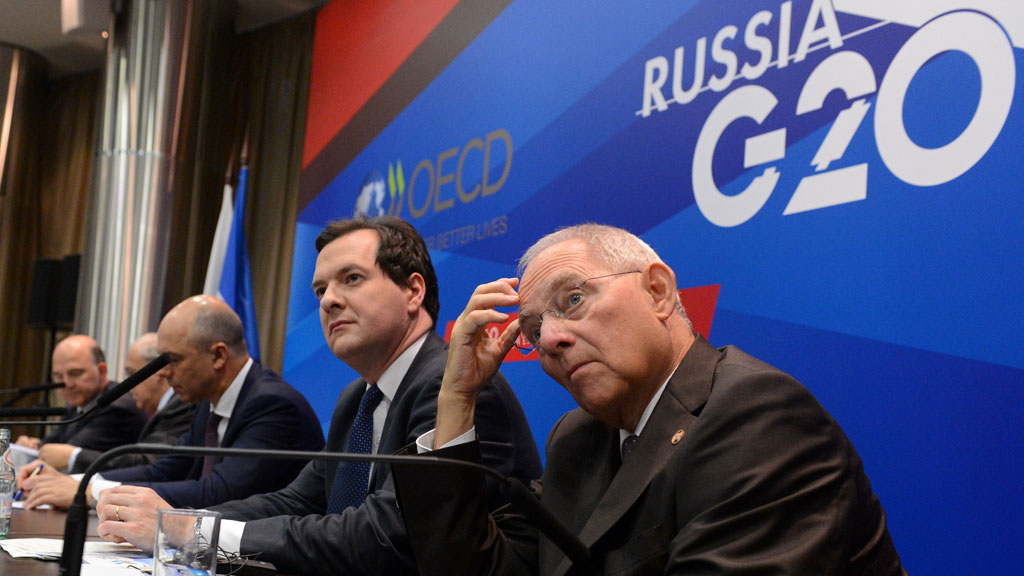G20: will Syria overshadow tax and economics?
As charities urge G20 leaders to come good on pledges to fix a “broken” global tax system that hurts developing countries, the economic agenda risks being overshadowed by the war in Syria.

Development charity Oxfam has urged world leaders gathering for the Group of 20 (G20) summit to take urgent action to fix a “broken” tax system which enables companies to suck billions of pounds out of poor African countries.
Oxfam has called on the G20 leaders to take “urgent and concrete action” to bring an end to trade mispricing, which it says deprives African countries of £24.4bn each year by allowing companies to move money around to avoid paying tax where a company does business.
Frosty relations
The latest G20, hosted by Russia, brings together the world’s top developed and developing countries, including the five permanent members of the UN Security Council. But splits over the Syria crisis threaten to thwart progress on the global economic and tax agenda.
Syria will of course be main focus but I’ll be discussing economy – am hopeful UK agenda on tax trade & transparency will be adopted by G20.
— George Osborne (@George_Osborne) September 5, 2013
The US, UK and French governments want to take military action against Syria following a chemical attack last week which killed hundreds of Syrians, but Russia and China are likely to veto any proposed resolution that would authorise military force.
US-Russia relations have steadily worsened over recent months and reached a low-point when Russia granted asylum to US intelligence leaker Edward Snowden, leading US President Barack Obama to cancel a planned bilateral meeting this week in Moscow and divert to Sweden.
Tax reform
According to Oxfam, African nations are losing nearly 2 per cent of their national income due to corporate tax evasion, depriving them of essential funds needed to tackle poverty and improve economic independence.
The estimated lost income amounts to more than half of the money spent on health by governments throughout the whole of sub-Saharan Africa, it said.
It urged the leaders to endorse a plan drawn up by G20 finance ministers in July to clamp down on the practice and propose a clear solution for agreement at next year’s summit in Australia.
ActionAid said G20 leaders should treat developing countries as full and equal partners by halting global tax avoidance.
ActionAid tax justice campaign manager Chris Jordan said: “For the developing countries that lose billions of dollars each year to aggressive tax avoidance, the stakes couldn’t be higher. It’s vital that they have a seat at the table, so global tax rules aren’t stitched up by the major powers.”
The Syria split
Obama is trying to convince congress and the American public of the merits of taking military action in Syria before a congressional vote in the coming days.

Last week UK Prime Minister David Cameron lost a crucial vote in the House of Commons on whether military intervention should go ahead, leading to clashes with opposition Labour leader Ed Miliband over his apparent about-turn on the issue.
Russian President Vladimir inflamed relations with the US when he said it was “absolutely absurd” to suggest Syrian regime forces would risk the international consequences of using banned chemical weapons, when they were ahead in their battle with rebel forces for the part of Damascus that suffered an apparent chemical attack last week.
“If there are data that the chemical weapons have been used, and used specifically by the regular army, this evidence should be submitted to the UN Security Council,” Mr Putin said.
“And it ought to be convincing. It shouldn’t be based on some rumours and information obtained by special services through some kind of eavesdropping, some conversations and things like that.”
Even so, Mr Putin said he “doesn’t exclude” Moscow voting in favour of a military response at the Security Council if evidence was produced proving the regime was behind the attack.
-
Latest news
-
Boy with profound learning disabilities reaches out of court settlement after abuse in residential school7m

-
India election: Modi rivals hit by string of raids and arrests7m

-
Can UK’s abandoned mines be used to build a greener future?5m

-
Sycamore Gap: Man pleads not guilty to felling iconic tree2m

-
‘Child poverty has not fallen since Tories came in’, says Gordon Brown5m

-




